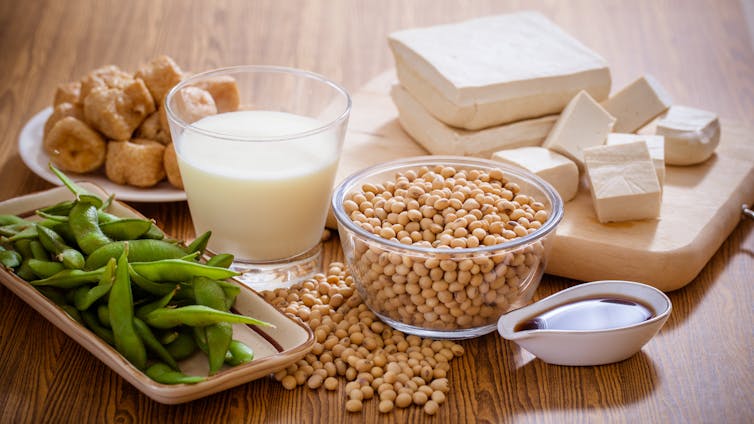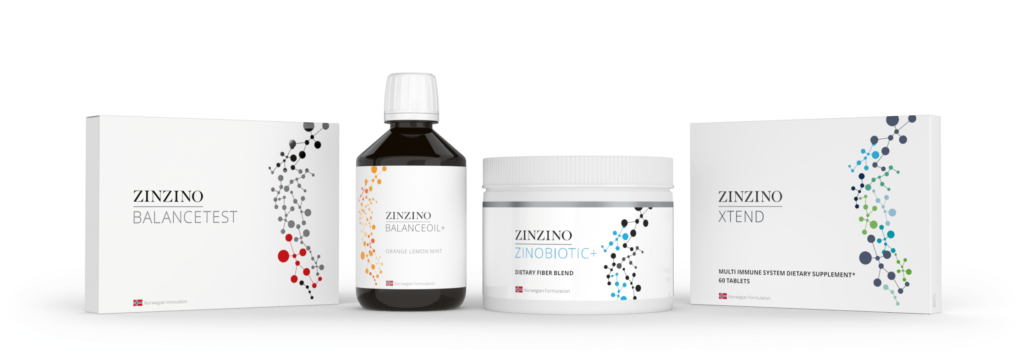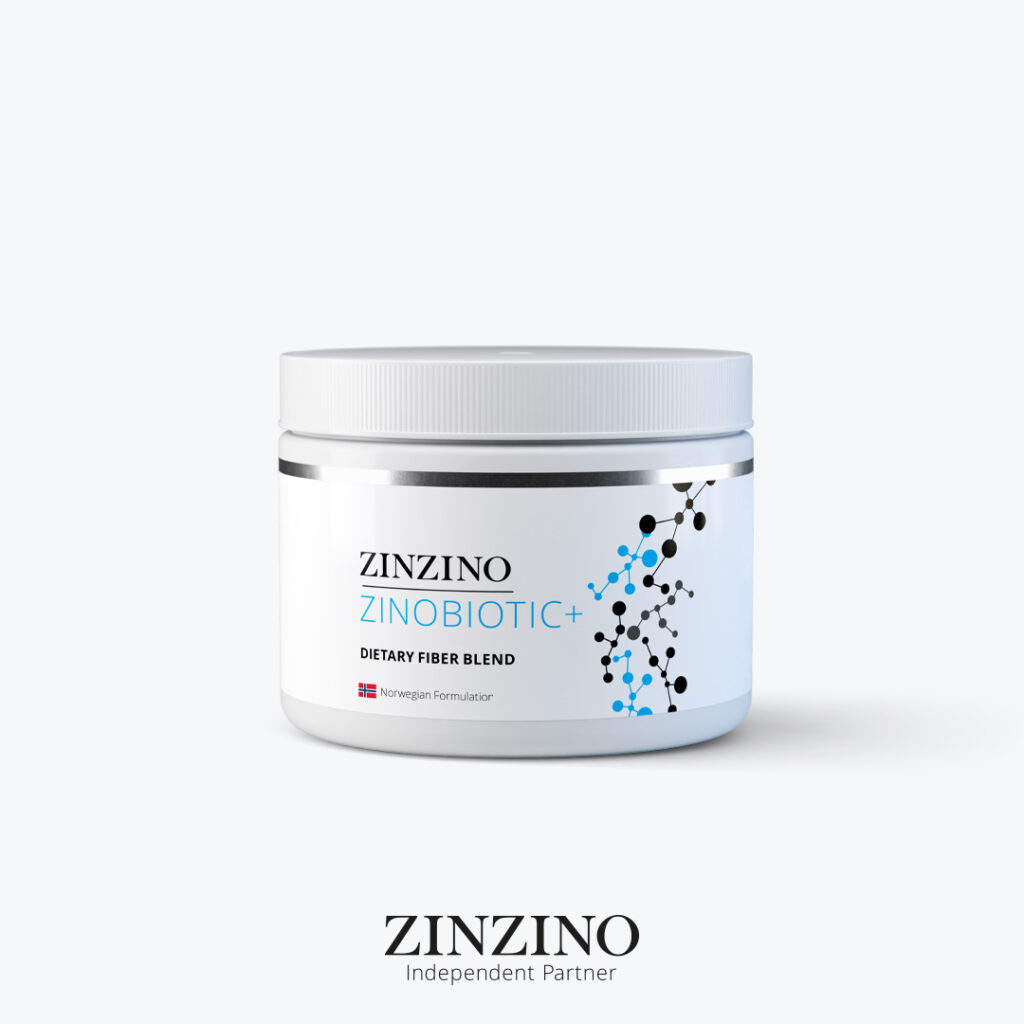There’s a great deal of interest from scientists and the public alike in how we can keep our minds sharp and our brains healthy as we get older.
While some factors that increase the risk of dementia cannot be modified, including genetics, there are several factors we do have control over that evidence has shown can offer some protection against cognitive decline.
For example, exercise reduces the likelihood of developing cognitive impairment and dementia. A healthy diet, too, has been linked to better performance on cognitive tasks.
Research over recent years also suggests our gut bacteria may have a role in helping us maintain our brain health as we age. My own preliminary research suggests one gut bug in particular called Asaccharobacter celatus (A celatus) could be useful.
Cognitive impairment and dementia
Many people report increased incidents of forgetfulness as they get older, such as mixing up dates for appointments, or briefly forgetting where they parked their car. These infrequent moments of forgetfulness are normal – a small loss of brain function is typical as we age.
Yet, as brain function continues to decline, people may start to have more symptoms more often. Scientists refer to this as “mild cognitive impairment”. Worryingly, this often progresses to more severe impairment of brain function known as dementia.
Dementia affects more than 55 million people around the world, and projections suggest this number will increase to 82 million by 2030.
How gut bacteria could help
The bacteria in our gut perform functions that benefit our overall health. For example, various bacteria are involved in producing essential vitamins.
A celatus, along with certain other bacteria, is capable of producing a compound known as equol. These bacteria make equol from a compound called daidzein, which is found in soy products including soy milk, tofu and tempeh.
While equol is not an essential nutrient, it has been linked to improved brain function in older adults. But not everyone has enough A celatus in their gut to produce equol.
A range of factors influence the composition of our gut microbiota, including environment, geographic region and diet. People who have low amounts of A celatus, or bacteria like it, are termed “non-equol producers”. As many as 70% of the western population are non-equol producers, while only around 50% of Japanese people don’t produce equol.

In many cases, we can influence the make-up of our gut bacteria through our diet, and this appears to be true for A celatus. Research suggests it’s possible to go from being a non-equol to an equol producer by consuming soy foods high in daidzein, the compound that A celatus converts to equol.
This may partly explain why people in Japan are more likely to be equol producers – they consume more soy products compared with people from western countries.
However, other research has shown consumption of soy foods in the diet has no effect on cognitive function. This could be due to a low consumption of soy foods in the group being studied, or participants not having enough A celatus bacteria to produce equol.
All this suggests that, alongside the bacteria, we already have in our gut microbiome, what we eat could be equally important. Both may be required for optimal health and to help stave off cognitive decline.
My research
I recently completed a study which showed that A celatus was associated with a component of brain function known as executive function. This relates to complex cognitive tasks we perform daily, including doing maths in our head, or reorganising the day’s tasks in our mind when something unexpectedly changes.
I found that the more A celatus bacteria were in healthy older adults aged 50 to 80 (measured by sequencing stool samples), the greater their scores on an executive function test. But it’s important to note that these findings are yet to be published in a peer-reviewed journal.
This research appears promising, but we need more evidence to confirm the potential benefits of both A celatus bacteria and soy foods in helping older people maintain their brain health as they age.

Gut Health Supplements
Restore your gut, promote healthy bowel functions and maintain good cholesterol levels with naturally sourced dietary fibres in our supplements for gut health.

Bring your gut back into balance with our tailored blend of eight natural sources of dietary fibers. ZinoBiotic+ contributes to the growth of good bacteria and promotes normal bowel functions, reduces spiking in blood sugar after meals and helps you to maintain good cholesterol levels. Also available in practical portion packs when you’re traveling or are on the go.
Nathan Nuzum, INSPIRE Postdoctoral Researcher at APC Microbiome Ireland, University College Cork
This article is republished from The Conversation under a Creative Commons license. Read the original article.

